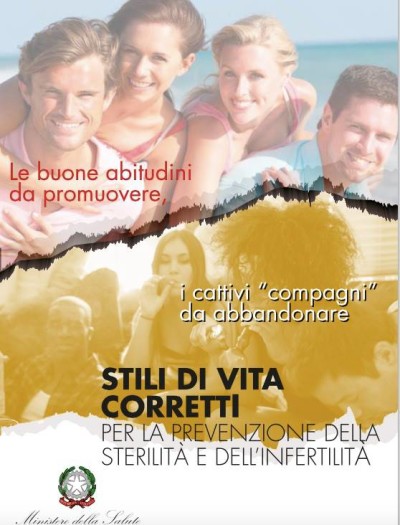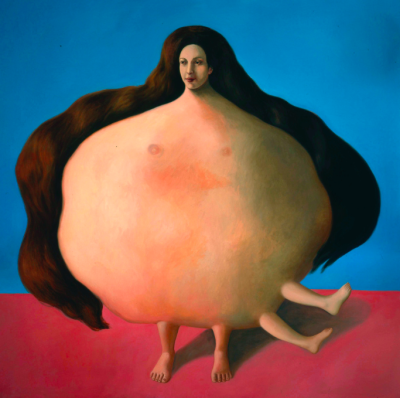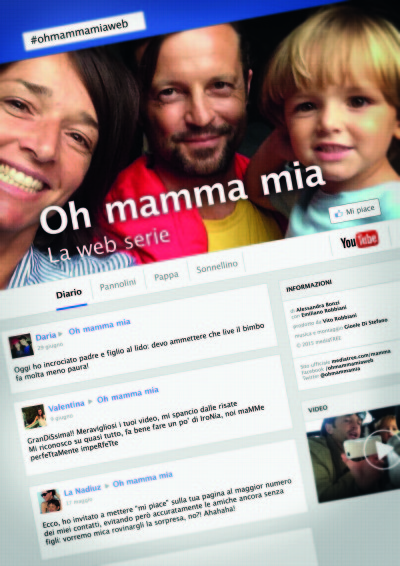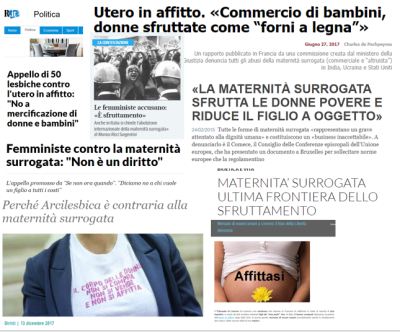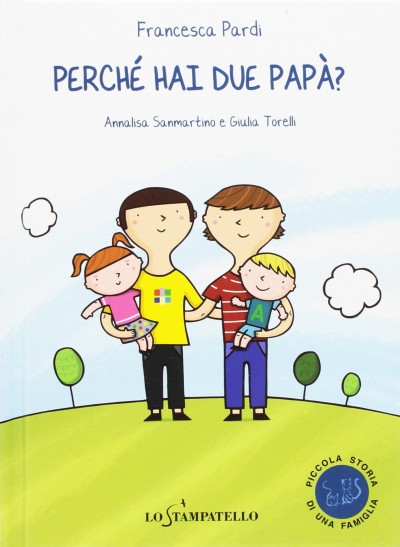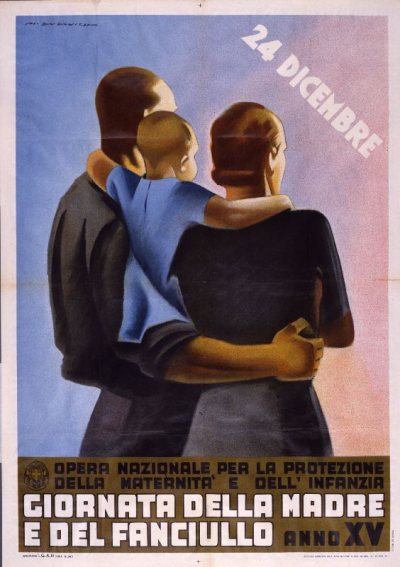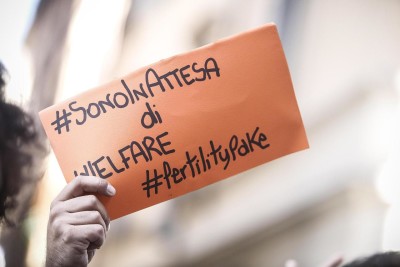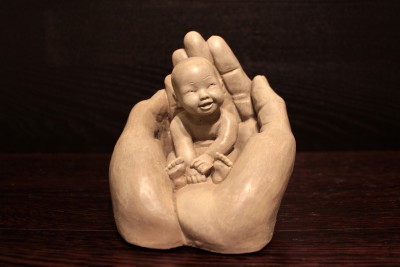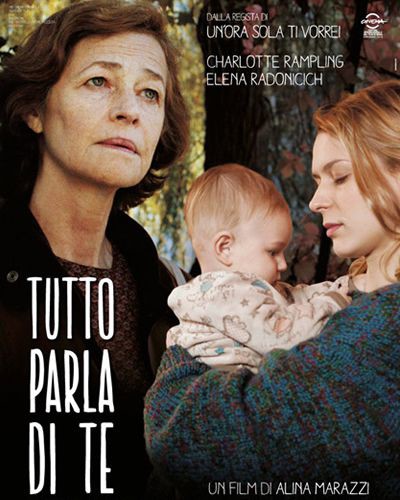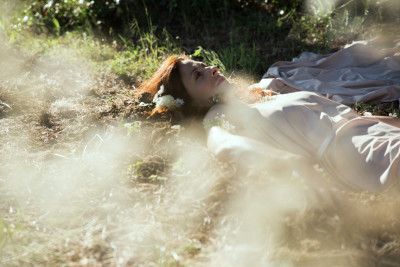5. Media-ting “Sterile Masculinity”: On Male Aging, Migration, and Biopolitics in a (post)Berlusconi Italy
This article intervenes in current discussions on perceptions of aging, masculinity, and (in)fecundity, and their combined effect on perceptions of Italy. The first half of this piece centers on Berlusconi and the broader phenomenon of Berlusconismo. Drawing on queer theorist Lee Edelman’s notion of “reproductive futurism,” and works by Italian philosophers and scholars (Ida Dominijanni and Lorenzo Bernini) who bring together theories of psychoanalysis and biopolitics in their analyses of Berlusconi/Berlusconismo,

